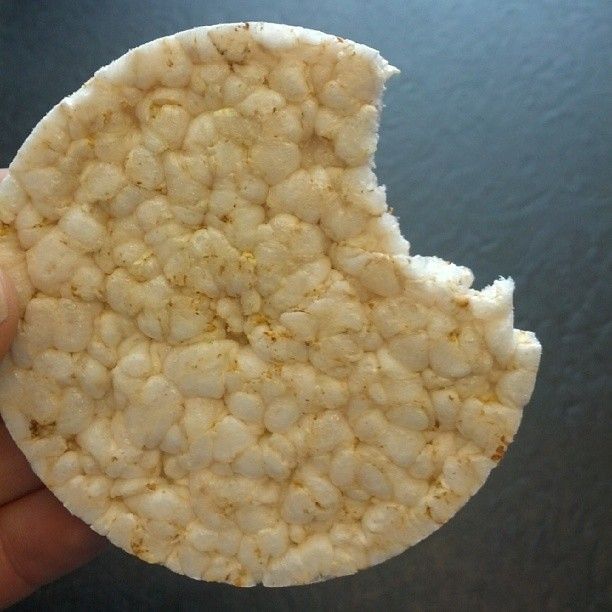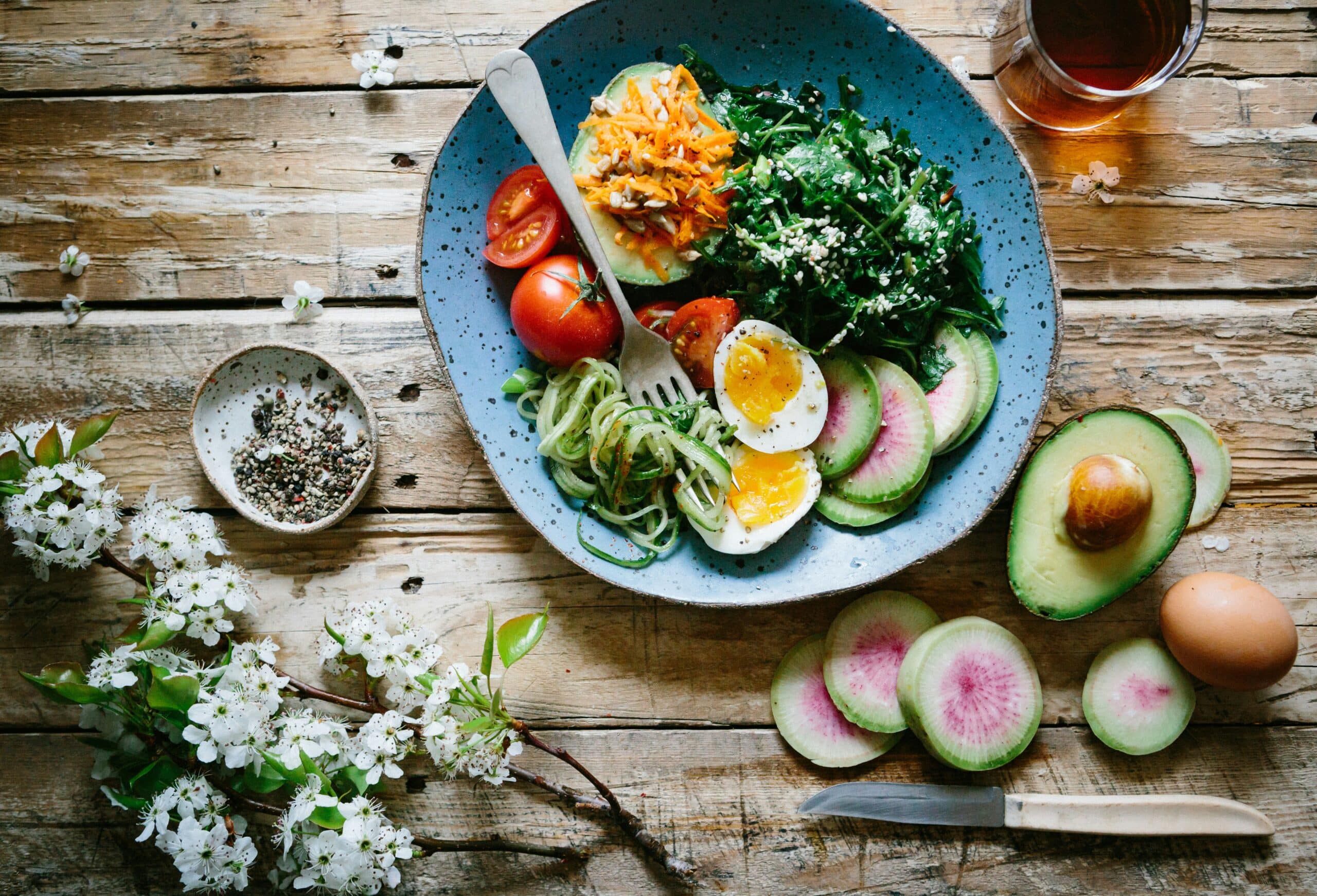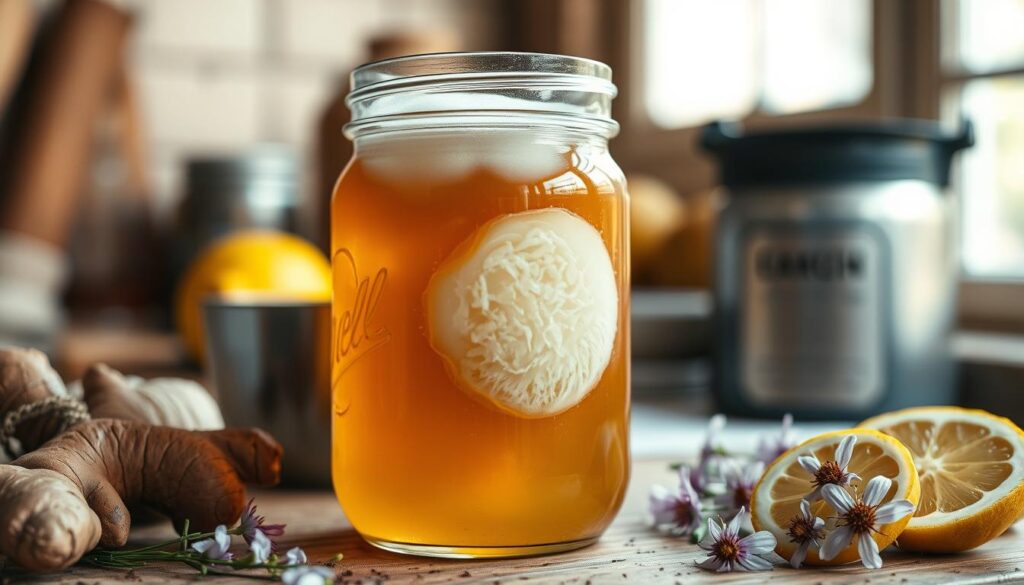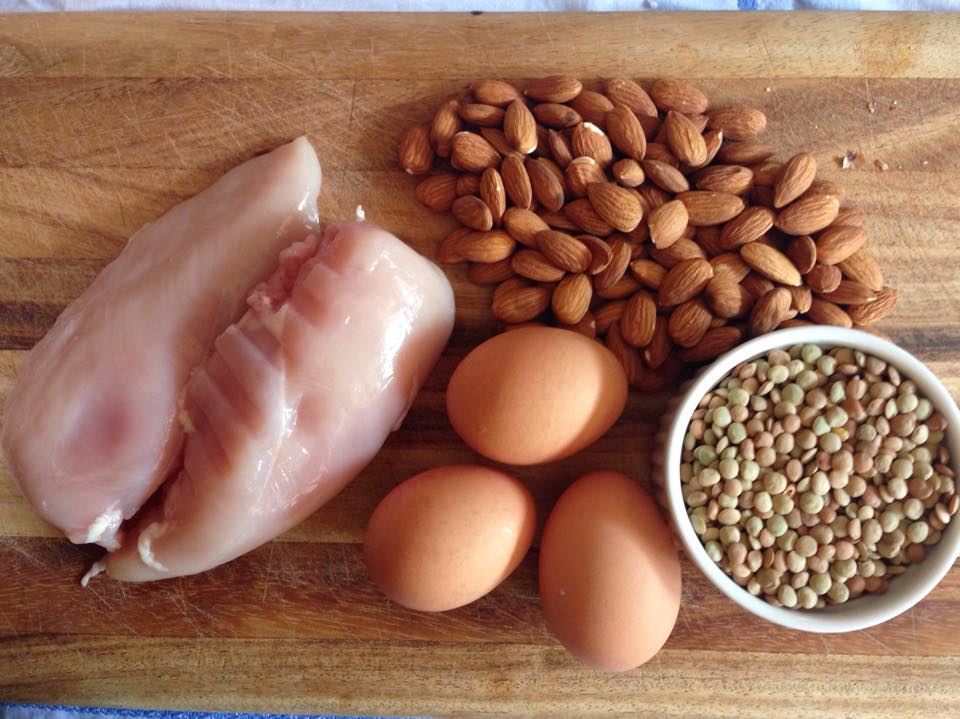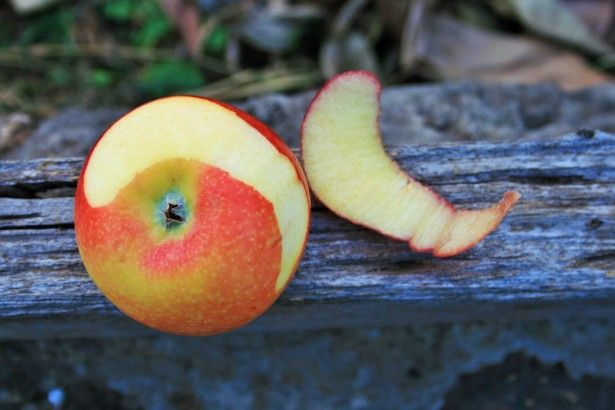
Say Goodnight to Insomnia: The Power of Food on Sleep
- Dec 21, 2024
Bad sleep happens to the best of us, but it doesn't mean you should endure it nightly. Fact is: nothing shakes off brain fog and rejuvenates worn-out muscles quite like restful sleep. The best part? Your diet could be the game changer.
Nutrient-stuffed foods, especially those rich in essential minerals like magnesium, calcium, iron, and potassium, relax your taxed mind and weary body. Let's start with calcium. Good ol' calcium is the life of the party when it comes to sleep. It ensures you fall asleep without tossing and turning, stay asleep without haunting nightmares, and keeps your brain waves rhythmic during the restful, dream-filled sleep phase.
Your trusty calcium sources? The evergreen dairy products, bone-packed fatty fish, and perhaps a surprising guest-certain edgy vegetables like kale and bok choy. A decent serving of nonfat plain Greek yogurt contains 111 mg of calcium, while one cup of cooked spinach stands tall with 245 mg. You can find calcium in fortified foods like orange juice and non-dairy milk (like soy) too.
Iron plays its role by oxygenating your body and maintaining proper cell function. Iron deficiency nightmarishly links with poor sleep, insomnia, and sleep apnea. The way iron affects your sleep remains a tantalizing mystery but, looking at the bright side, it appears that supplementing with iron reduces symptoms of another sleep thief - the restless leg syndrome.
Iron is abundant in both animal and plant foods. A 3.5-ounce flank steak packs nearly 2 mg of iron, one cup of cooked lentils gives you 6.5 mg, while a 3.5-ounce serving of raw pumpkin seeds provides 8 mg.
Ever heard of melatonin? That’s the hormone in charge of your sleep regulation. Tart cherries happen to be a good source of this sleep dynamo. Research backs the claim that eating melatonin-laden foods like tart cherries bolsters our body’s melatonin levels, giving major improvement to sleep quality and reducing pesky insomnia.
Other sleep-friendly foods include oats, packed with fiber and other nutrients keen on enhancing sleep like iron, calcium, and magnesium. Oats, being a low-glycemic food, doesn’t invite drama in the form of blood sugar fluctuations that can potentially disrupt your peaceful night's sleep.
Check this out: whole grains like brown rice, barley, bulgur, oatmeal, and products made with whole wheat flour all contribute to your sleep empire. How? By fending off lighter sleep and frequent night waking. When compared with refined grains, whole grains trump thanks to their high fiber content linked to longer, deeper, more restorative sleep.
Bananas serve as a mega source of potassium, an essential amigo for organ function, muscle contraction, and neural signaling. Potassium's relationship with our sleep patterns is quite interesting-lower potassium levels associate with worsy sleep quality.
Lastly, we can't overlook almonds and their sleep-enhancing nutrients like potassium, calcium, magnesium, tryptophan, and melatonin. The DASH diet belly-ups to the sleep bar with high potassium content reducing sleepiness among women, while also improving female sleep quality overall, due to its focus on foods rich in potassium, magnesium, and fiber.
Now, to cap your sleep-friendly diet off, consider sipping on herbal teas containing valerian root, lemon balm, and chamomile as your bedtime routine. These herbs tune up HRH, the legendary neurotransmitter gamma-aminobutyric acid (GABA), instrumental in regulating your sleep.
As the sleep champion you're determined to be, consider mixing your sleep-enhancing foods to work better together. Ideas? An oatmeal nighttime snack layered with milk, bananas, cherries, and almonds. Nonetheless, whenever your sleep trouble lasts beyond a fortnight, don’t forget to consult your healthcare provider.


